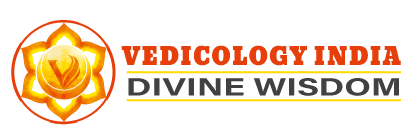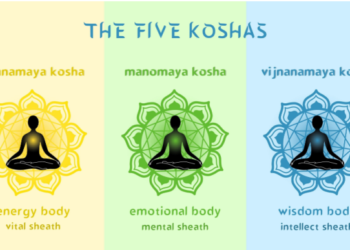Embark on an Extensive Exploration of Hinduism Online
Embark on a remarkable journey as you explore the depths of one of the world’s oldest religions with our “Online Course on Hinduism”. Dive into the rich tapestry of stories, philosophies, rituals, and the very way of life that Hinduism offers. This isn’t just a course; it’s a journey into the heart of a tradition that has shaped the lives of millions of people for thousands of years.
Curriculum Outline
Here is a comprehensive curriculum and schedule for a year-long course on an extensive and in-depth exploration of Hinduism.
-
Introduction to Hinduism (4 weeks)
- The origins and history of Hinduism
- Basic tenets and principles
- Overview of key Hindu scriptures (Vedas, Upanishads, Puranas, Itihasas)
- Understanding the concept of Dharma
-
Hindu Philosophy (12 weeks)
- Introduction to the six schools of Hindu philosophy (Sankhya, Yoga, Nyaya, Vaisheshika, Mimamsa, Vedanta)
- Introductory Comparative Study of Advaita Vedanta, Dvaita Vedanta, and Vishishtadvaita Vedanta
- Introduction to the concept of Maya
- Concept of Brahman, Atman, and Moksha
-
Hindu Deities and Mythology (8 weeks)
- Study of the Hindu pantheon: Brahma, Vishnu, Shiva, and Devi
- Myths and legends associated with various deities
- The symbolism and iconography in Hinduism
-
Hindu Rituals and Practices (8 weeks)
- Understanding the Hindu rituals: Puja, Aarti, Yagna, Pranayama
- The significance of festivals and holy days
- Exploring meditation and yoga as spiritual practices
-
Sacred Texts of Hinduism (16 weeks)
- Introduction to Vedas and Upanishads: Rigveda, Yajurveda, Samaveda, Atharvaveda
- Understanding Bhagavad Gita and its relevance today
- Exploring Ramayana and Mahabharata, the two major epics of Hinduism
- Introduction to Puranas: Vishnu Purana, Shiva Purana, Devi Bhagavata Purana
-
Social Structures in Hinduism (4 weeks)
- Understanding the caste system and its impact on society
- Exploring the role of gender in Hinduism
- Analysis of Hindu social reform movements
-
Hinduism and Science (4 weeks)
- Correlations between Hinduism and modern science
- Concepts of time and space in Hindu cosmology
- Ayurveda and Yoga: Health and wellness in Hinduism
-
Hinduism in the Modern World (8 weeks)
- The spread and influence of Hinduism around the world
- Hinduism and its interaction with other religions
- Understanding neo-Hindu movements and gurus
-
Application of Hindu Philosophy in Daily Life (12 weeks)
- Practical techniques to incorporate the teachings of Hindu philosophy in daily life
- Integrating Dharma, Karma, Yoga, and Meditation into everyday life
-
Final Assessment and Certification (4 weeks)
Each week of study includes approximately 6 hours of lecture and discussion, 4 hours of independent study or group work, and 2 hours of meditation or spiritual practice. The curriculum is comprehensive and designed for those who truly want to immerse themselves in the depth and diversity of Hinduism.
Why Choose this Hindu Philosophy Online Course?
Are you drawn towards the mystic charm of Hindu mythology, the profound teachings of its sacred texts, or intrigued by its intricate rituals? Whether you’re a curious learner or seeking spiritual enlightenment, our “Hinduism Online Course” is meticulously designed to meet your needs. The course offers a holistic understanding, right from the origins of Hinduism to its contemporary practices and philosophies.
Experience a Transformative Journey
Our “Online Course on Hindu Philosophy” is designed to do more than just educate; it aims to inspire and transform. Each module has been crafted to ensure you gain in-depth knowledge and understanding, allowing you to apply the teachings to your daily life and experience personal growth and transformation.
Be a Part of an Engaged Learning Community
Join a community of like-minded individuals who share your passion for learning about Hinduism. This “Hindu Philosophy Online Course” is a platform for you to engage in enriching discussions, ask questions, share your insights, and learn from each other’s experiences.
Conclusion
There’s a universe of knowledge waiting for you in our “Online Course on Hinduism.” If you’re ready to delve into the enchanting world of Hindu philosophy, sign up today. Embark on this journey to explore Hinduism, understand its philosophies, and uncover the wisdom that has guided countless souls through millennia.
Please submit your details through the form below and we shall assist you.









